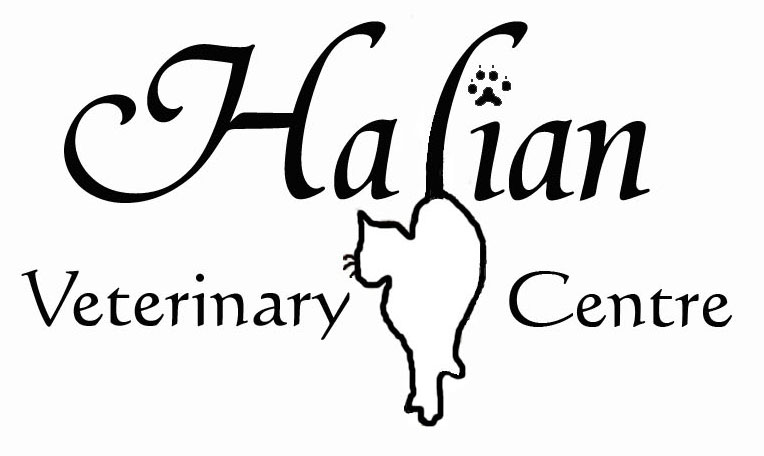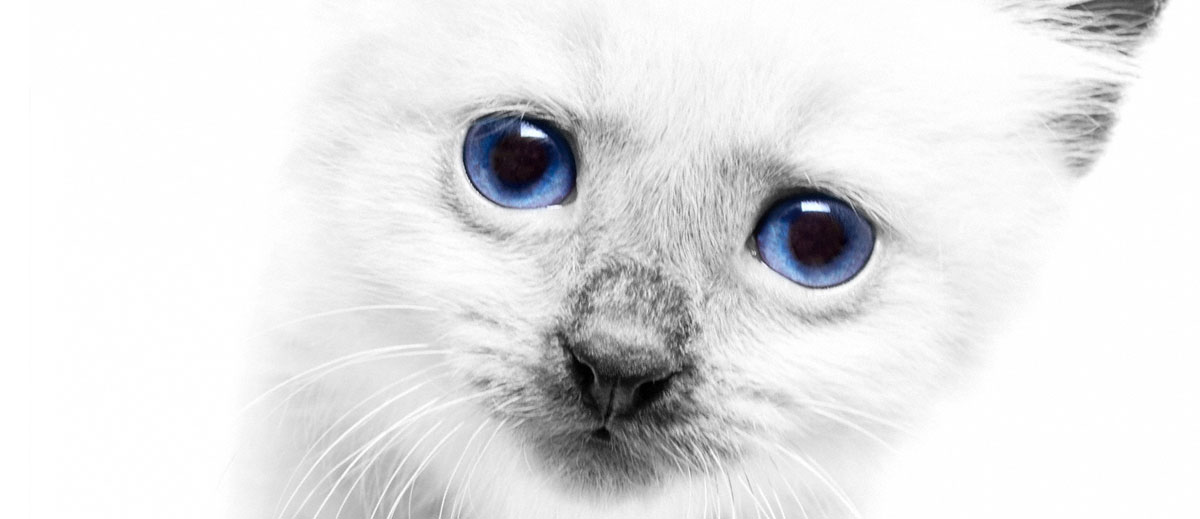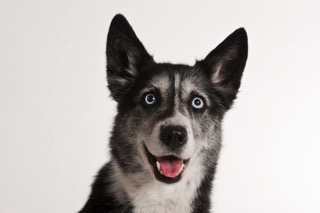COVID -19 UPDATES
Contact Info
Halian Veterinary Centre
The Red Cow, 107 Radlett Road,
Frogmore, Herts AL2 2LA
01727 874700
Opening Hours
Monday - Friday: 9:00 - 19:00
Saturday: 9:00 - 12:00
Outside of these hours in an Emergency please call the Queen Mother Hospital for Animals on 01707 666399



This is a scary time for all of us. We will try to keep this page up to date, but things are changing rapidly so please do call us for the most up to date advice
We are aware of a BBC article stating that vets are advising you to keep your cats in doors. This is not the case. We are not advising that all cats are kept indoors. There is NO current advice that suggests a need to change your cat’s way of life. Medical issues due to the stress of being kept indoors are much more of a risk to your cat’s well-being. It is only in specific situations and for specific cats that this may be considered as an option. Please call us if you are worried about your cat before making changes to your cats’ lifestyle.
There have been a tiny number of cases of Covid-19 in animals and in all cases, it is likely that the transmission was human to animal. At the moment there is no evidence of COVID-19 circulating in pets in the UK and nothing to suggest that pets might transmit the disease to humans. However, pets could act as fomite (carrier) of the virus on their fur for short periods in the same way that other surfaces such as a door handle or shopping trolley can carry the virus from one place to another.
So, in line with the general advice on COVID-19, you should wash your hands regularly including before and after you come into contact with animals and pets. You do not need to bath your pet any more frequently unless there is a veterinary reason to do so for your pets’ health. Please do not wipe down your pet with antibacterial wipes or disinfectants as this could be toxic to your pet.
If you have Covid- 19 the current advice is as follows
· Restrict contact with pets as a precautionary animal health measure until more information is known about the virus.
· If your pet requires care, wash your hands before and after any interaction with them and wear a face mask if possible.
· Keep cats indoors only if the cat is happy to be kept indoors. This applies only to cats from infected households or where their owners are self-isolating, and only if the cat is happy to be kept indoors. Some cats cannot stay indoors due to stress-related medical reasons.
· Try to arrange for someone else to exercise dogs, taking care to restrict any contact with the person walking your dog and making sure they practice good hygiene.
· This is to reduce the likelihood of your pet spreading the disease through environmental contamination on their fur – there is still no evidence that pet animals play a role in the spread of the disease.
· If your pet shows clinical signs, please do not take it to the vet but call the practice for advice.
Our home lifestyles will have changed dramatically which may be stressful for our pets. Please see the link below for advice on what to look out for in your pet.
There have been a lot of dangerously misleading headlines in the mainstream media and on social media. The veterinary community is currently waiting for more details on the accuracy, and relevance, of scientific reports. The advice from the BVA, BSAVA, AVMA and WHO remains clear. There is currently NO evidence that animals can spread COVID-19 to humans. Please choose your source of information carefully, read whole articles not only headlines and only share information responsibly.
https://www.bva.co.uk/coronavirus/coronavirus-advice-for-animal-owners/
https://www.gov.uk/guidance/coronavirus-covid-19-advice-for-people-with-animals